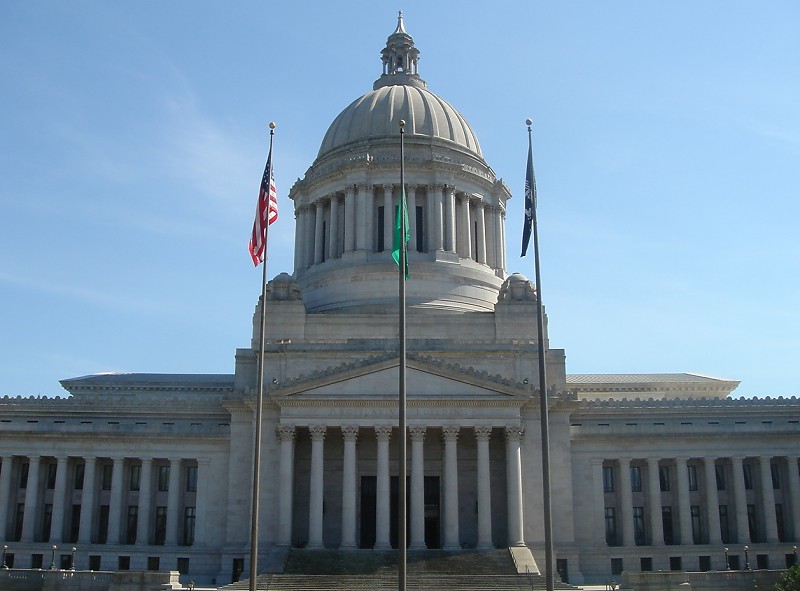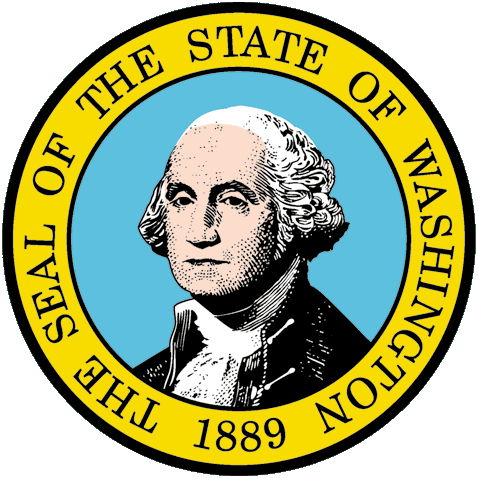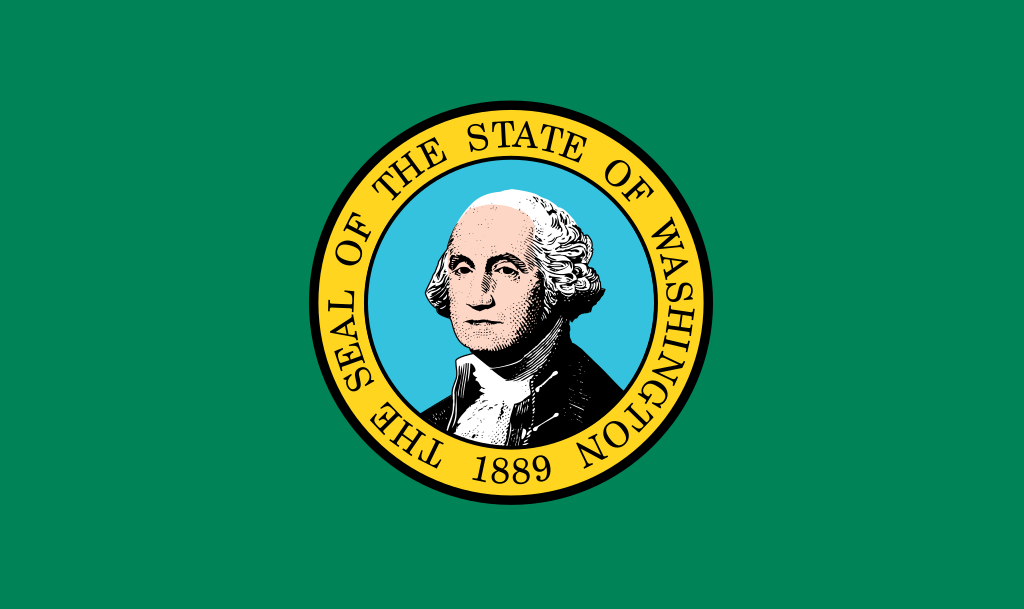Tag: washington
-
Seattle to decide on Social Housing Developer initiative on Feb. 14

On Feb. 14, Seattle voters will decide on Initiative 135, an initiative to create the Seattle Social Housing Developer, a public development authority to own, develop, and maintain what the initiative describes as social housing. According to Initiative 135, this housing would provide publicly financed apartments that are “removed from market forces and speculation” and…
-
No signatures submitted for Washington Initiatives to the Legislature by Dec. 30 deadline

The deadline to submit signatures for Initiatives to the Legislature in Washington (ITL) was Dec. 30, 2022. Initiatives to the Legislature is the name of indirect ballot initiatives in Washington. The Washington Secretary of State’s office confirmed to Ballotpedia on January 3 that signatures were not submitted for any of the 179 filed initiatives. If…
-
Richland school board enacts new policy on race in U.S. history lessons

The Richland School Board in Washington state, which governs the 583rd largest school district in the country with 14,221 students, voted 4-1 on October 25, 2022, to adopt Policy 2360, which specifies how teachers can discuss race in U.S. history lessons. It is one of several recent responses to trends in curriculum development tracked on Ballotpedia.…
-
All candidates for Northeast Division judge of King County District Court in Washington complete Ballotpedia’s Candidate Connection survey

Both of the candidates running in the November 8, 2022, general election for Northeast Division judge of King County District Court in Washington — incumbent Michael Finkle and Joshua Schaer — completed Ballotpedia’s Candidate Connection survey. These survey responses allow voters to hear directly from candidates about what motivates them to run for office. According…
-
All candidates for Washington House of Representatives District 19 – Position 1 complete Ballotpedia’s Candidate Connection survey

Both of the candidates running in the November 8, 2022, general election for Washington House of Representatives District 19-Position 1 — incumbent Jim Walsh (R) and Kelli Hughes-Ham (D) — completed Ballotpedia’s Candidate Connection survey. These survey responses allow voters to hear directly from candidates about what motivates them to run for office. Eighty-eight of…
-
All candidates for Washington State Senate District 35 complete Ballotpedia’s Candidate Connection survey

Both of the candidates running in the November 8, 2022, general election for Washington State Senate District 35 — Julianne Gale (D) and Drew MacEwen (R) — completed Ballotpedia’s Candidate Connection survey. These survey responses allow voters to hear directly from candidates about what motivates them to run for office. Eighty-eight of the country’s 99…
-
All candidates for Washington House of Representatives District 8-Position 2 complete Ballotpedia’s Candidate Connection survey

Both of the candidates running in the November 8, 2022, general election for Washington House of Representatives District 8-Position 2 — April Connors (D) and Joe Cotta (R) — completed Ballotpedia’s Candidate Connection survey. These survey responses allow voters to hear directly from candidates about what motivates them to run for office. Eighty-eight of the…
-
All candidates for Washington House of Representatives District 36-Position 1 complete Ballotpedia’s Candidate Connection survey

Both of the candidates running in the November 8, 2022, general election for Washington House of Representatives District 36-Position 1 — Jeff Manson (D) and Julia Reed (D) — completed Ballotpedia’s Candidate Connection survey. These survey responses allow voters to hear directly from candidates about what motivates them to run for office. Eighty-eight of the…
-
All candidates for Washington House of Representatives District 35-Position 2 complete Ballotpedia’s Candidate Connection survey

Both of the candidates running in the November 8, 2022, general election for Washington House of Representatives District 35-Position 2 — Sandy Kaiser (D) and Travis Couture (R) — completed Ballotpedia’s Candidate Connection survey. These survey responses allow voters to hear directly from candidates about what motivates them to run for office. Eighty-eight of the…
-
All candidates for Washington House of Representatives District 17-Position 1 complete Ballotpedia’s Candidate Connection survey

Both of the candidates running in the November 8, 2022, general election for Washington House of Representatives District 17-Position 1 —Terri Niles (D) and Kevin Waters (R) — completed Ballotpedia’s Candidate Connection survey. These survey responses allow voters to hear directly from candidates about what motivates them to run for office. Eighty-eight of the country’s…

